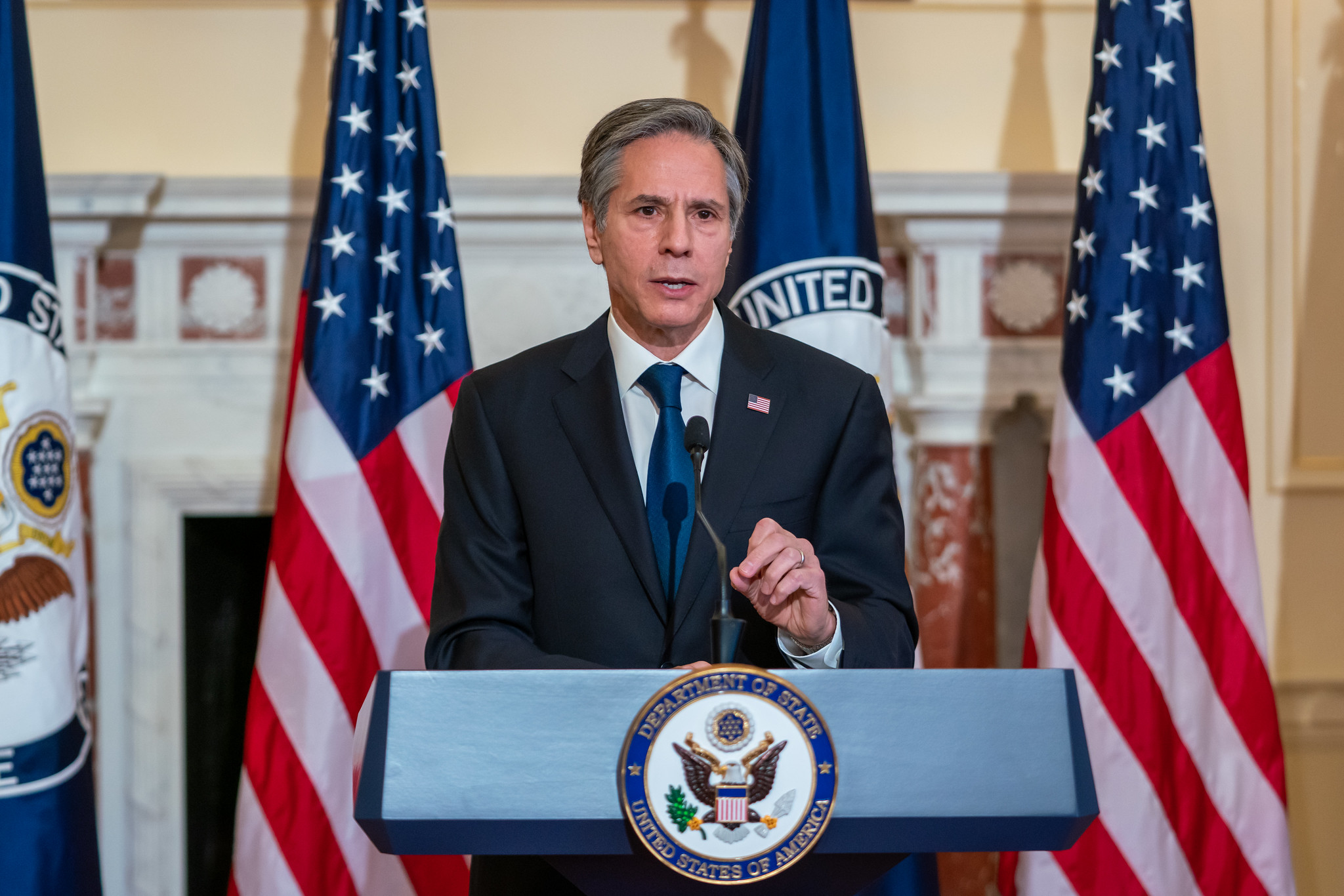The Cyberlaw Law Podcast: Blockchain Takes Over The Podcast
On December 17th, Alan Cohn hosted the 244th episode of The Cyberlaw Podcast. We took a deep dive into all things blockchain and cryptocurrency, discussing recent regulatory developments and projections for 2019.
Published by The Lawfare Institute
in Cooperation With

On December 17th, Alan Cohn hosted the 244th episode of The Cyberlaw Podcast. We took a deep dive into all things blockchain and cryptocurrency, discussing recent regulatory developments and projections for 2019.
Our episode begins with Alan welcoming Will Turner to Steptoe’s Corporate and Blockchain Practice. Turner joins the firm’s Chicago office as partner, bringing with him with more than two decades of experience in corporate and securities law, primarily with application to cryptocurrency, fund formation, investment transactions and mergers and acquisitions. Turner also handles matters involving capitalizations, project finance, restructurings and joint ventures. Will Turner explains why the crypto market became bear in 2018, associating this development with the increase in mergers and acquisitions activity in the crypto market. Moving into 2019, Will projects the “hot items” will be anti-money laundering and securities compliance. In addition, Will presents a more general overview of how the blockchain industry is no different from other industries.
Evan Abrams discusses the joint statement issued by the Federal Reserve, the Federal Deposit Insurance Corporation, the Treasury’s Financial Crimes Enforcement Network, the Office of the Comptroller of the Currency and the National Credit Union Administration urging use of technology to bolster anti-money laundering compliance. Abrams states that banks can and should be engaging with the industry and the importance of striking a balance between technology and privacy. Abrams also discusses the U.S. Department of Treasury’s Office of Foreign Assets Control sanctions compliance risks for cryptocurrency companies. In 2019, Abrams projects increased attention on digital counterparts as blockchain-related financial institutions continue to grow. Evan Abrams also highlights the New York Department of Financial Services recent announcement authorizing Signature Bank, a New York State-chartered bank, to offer a digital payment platform called Signet that leverages blockchain technology.
Finally, Josh Oppenheimer covers recent LabCFTC updates from the Commodity Futures Trading Commission (CFTC). On November 27, 2018, the Commodity Futures Trading Commission’s LabCFTC FinTech initiative released A Primer On Smart Contracts. This is the first time since 2017 that the CFTC opined on issues relating to blockchain. The agency released its first primer on virtual currencies on October 17, 2017. Oppenheimer also discusses the pledge the G20 nations made earlier this month regarding their commitment to regulate crypto-assets to further a resilient and open global financial system. In so doing, they agreed to follow standards set forth by the Financial Action Task Force, or FATF. Oppenheimer notes this is significant because FATF, as the global standard setter, has insight into different regulatory approaches and constantly receives input from industry stakeholders. Lastly, Oppenheimer talks about how Ohio is set to become the first state in the country to accept tax payments using cryptocurrency.
For the interview portion of our podcast, Alan welcomes back Gary Goldsholle, who joins the firm as partner, after serving nearly four years as deputy director and senior adviser of the Securities and Exchange Commission’s (SEC) Division of Trading and Markets. Goldsholle brings more than two decades of experience as an executive in the federal government and securities self-regulatory organizations. Goldsholle is working with Steptoe’s Financial Services, Public Policy, and Blockchain and Cryptocurrency practices. Goldsholle discusses the Securities and Exchange Commission’s noteworthy announcement, just days before Thanksgiving, with significant implications for the network marketing industry regarding regulatory oversight and enforcement of cryptocurrency companies. In its Public Statement, the SEC referred to two recent enforcement actions against Paragon Coin, Inc. and CarrierEQ, Inc. (dba Airfox). Both companies sold tokens that the SEC determined to be unregistered securities. Goldsholle also provided insight into EtherDelta, the SEC order concerning trading Ether against other ERC-20 tokens. Moving into 2019, Goldsholle hopes the SEC will define and issue guidance on what the industry calls “utility tokens” and “consumption tokens.” He projects that a custody failure, or similarly significant event, will spur deeper discussion on the issue of taking custody of crypto-assets and promote guidance in the custody space.
Download the 244th Episode (mp3).
You can subscribe to The Cyberlaw Podcast using iTunes, Pocket Casts, Google Play, or our RSS feed!
As always, The Cyberlaw Podcast is open to feedback. Be sure to engage with Stewart on social media: @stewartbaker on Twitter and on LinkedIn. Send your questions, comments, and suggestions for topics or interviewees to CyberlawPodcast@steptoe.com. Remember: If your suggested interviewee appears on the show, we will send you a highly coveted Cyberlaw Podcast mug!
The views expressed in this podcast are those of the speakers and do not reflect the opinions of the firm.





